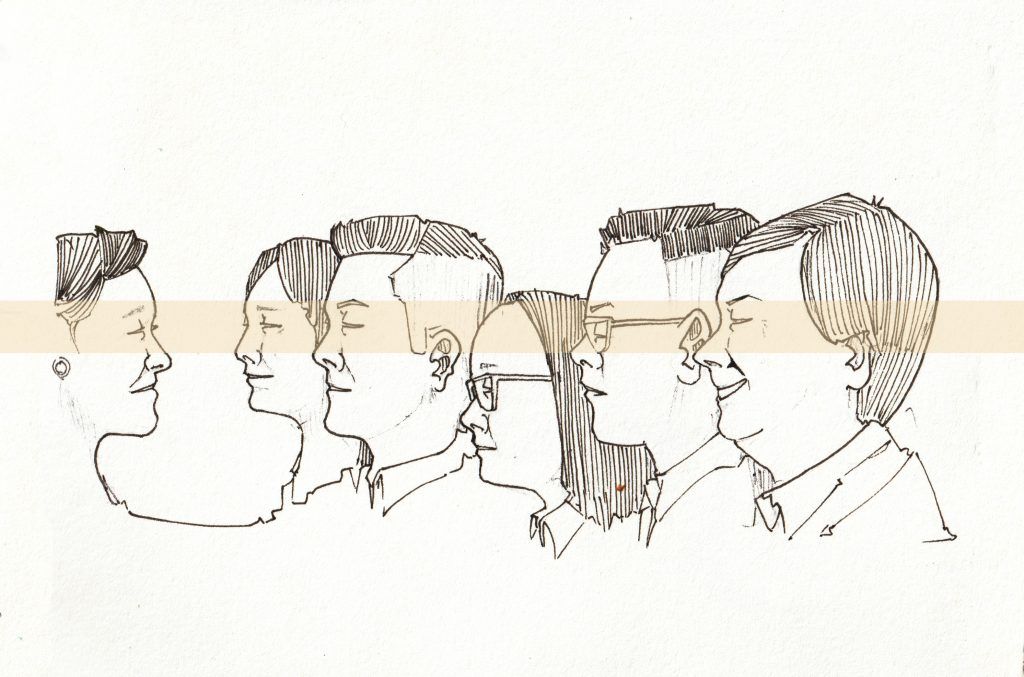The Tragic Flaw of Crazy Rich AsiansRead More »
Interested in non-clickbait content? Become a member today.
You'll get access to:
- All content
- Comic Books
- Personalized cartoons
- Member credits in our videos and much more!
Already a member? Log In

Illustration by Damehi Laloo
The Tragic Flaw of Crazy Rich AsiansRead More »
Already a member? Log In